Root Canal Dentistry in Brockton, MA
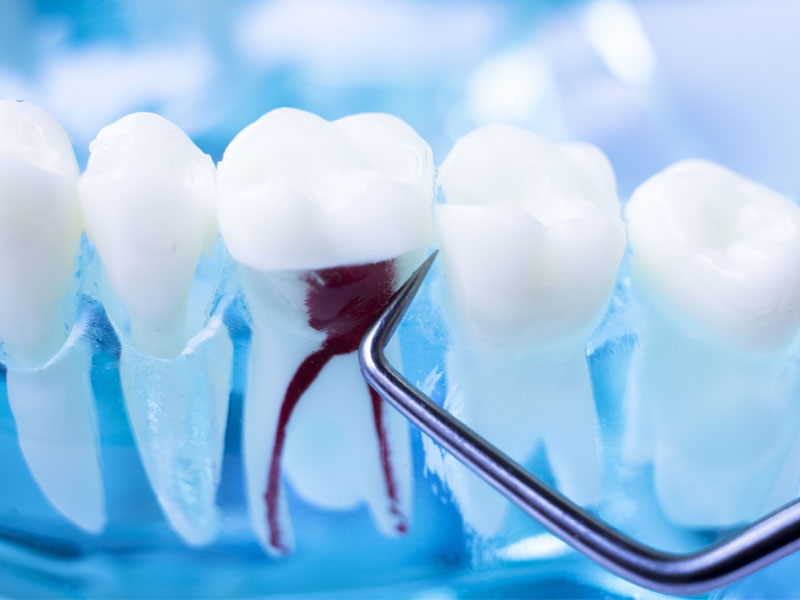
Brockton Root Canal Dentist Office
Root Canal Dentistry is one of the most common dental procedures with well over 14 million performed every year. This simple treatment can save your natural teeth and prevent the need for dental implants or bridges.
At the center of your tooth is pulp. Pulp is a collection of blood vessels that helps to build the surrounding tooth. Infection of the pulp can be caused by trauma to the tooth, deep decay, cracks and chips, or repeated dental procedures. A Root Canal Dentist will be able to observe the symptoms of the infection and then we can identify the visible injury or swelling of the tooth, sensitivity to temperature or pain in the tooth and gums.
Root Canal Dental Center in Brockton, MA
If you experience any of these symptoms, our Root Canal Dentist may recommend non-surgical treatment to eliminate the diseased pulp. This injured pulp can then be removed so that the root canal system can be thoroughly cleaned and sealed. This therapy usually involves local anesthesia and may be completed in one or more visits depending on the treatment required. Success for this type of Root Canal Treatment occurs in greater than 90% of cases.
If your tooth is not amenable to a Root Canal Dentistry or the chance of success is unfavorable, you will be informed at the time of consultation or when a complication becomes evident during or after treatment. We use local anesthesia to eliminate discomfort. You will be able to drive home after your Root Canal Treatment, and likely can return to your normal routine.
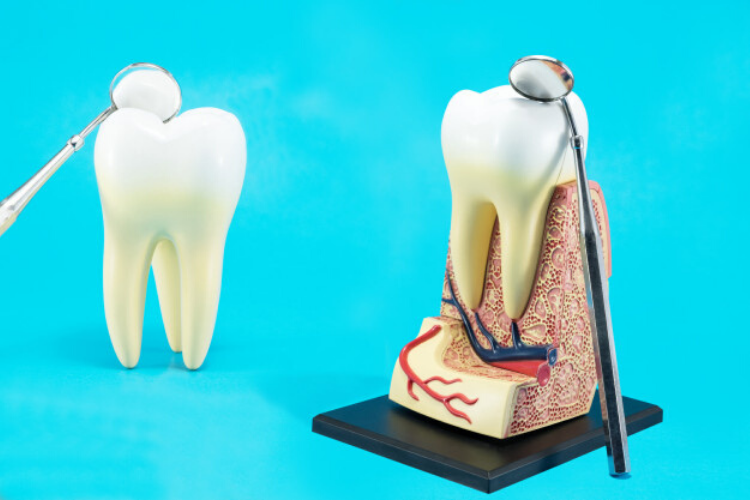

Root Canal Dentistry in Brockton, MA
Root Canal Treatment can be used to locate fractures or hidden canals that do not appear on x-rays but still manifest pain in the tooth. Damaged root surfaces or the surrounding bone may also be treated with this procedure. The most common surgery used to save damaged teeth is an apicoectomy or root-end resection.
When your Root Canal Treatment has been completed, a record of your treatment will be sent to your restorative dentist. You should contact their office for a follow-up restoration within two weeks of completion at our office. Your Root Canal Dentist will decide on what type of restoration is necessary to protect your tooth. It is rare for endodontic patients to experience complications after routine endodontic treatment or microsurgery. If a problem does occur, however, we are available at all times to respond. To prevent further decay, continue to practice good dental hygiene.
Dental Care Treatments


Cosmetic Dentistry
Cosmetic Dentistry deals with fixing your smile and the general appearance of your teeth.

Preventive Dentistry
Preventive dentistry is the practice of caring for your teeth to keep them healthy.

Dental Orthodontics
Orthodontics focuses on correcting bites and the straightness of teeth.
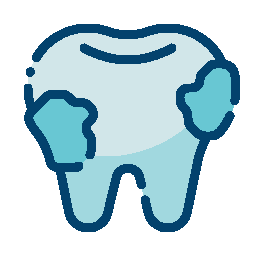
Dental Crowns & Bridges
Crowns duplicate the shape of an original tooth to replace the top of a damaged tooth.

Dental Implants
Dental implants are surgical fixtures placed in the jawbone.
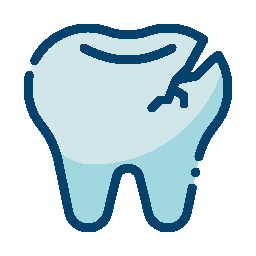
Dentures
Dentures are removable appliances that can replace missing teeth and help restore your smile.
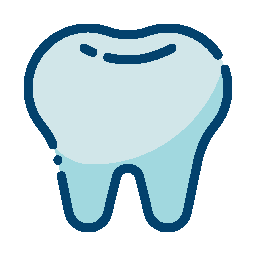
Dental Extractions
An extraction means to have a tooth removed, usually because of disease, trauma or crowding.
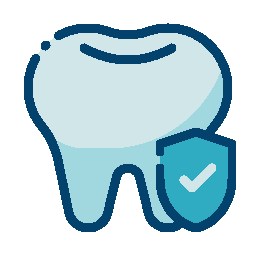
Dental Root Canal
Root canal is a treatment to repair and save a badly damaged or infected tooth instead of removing it.

Zoom! Teeth Whitening
Professional Teeth Whitening is easy and safe with Philips Zoom!

